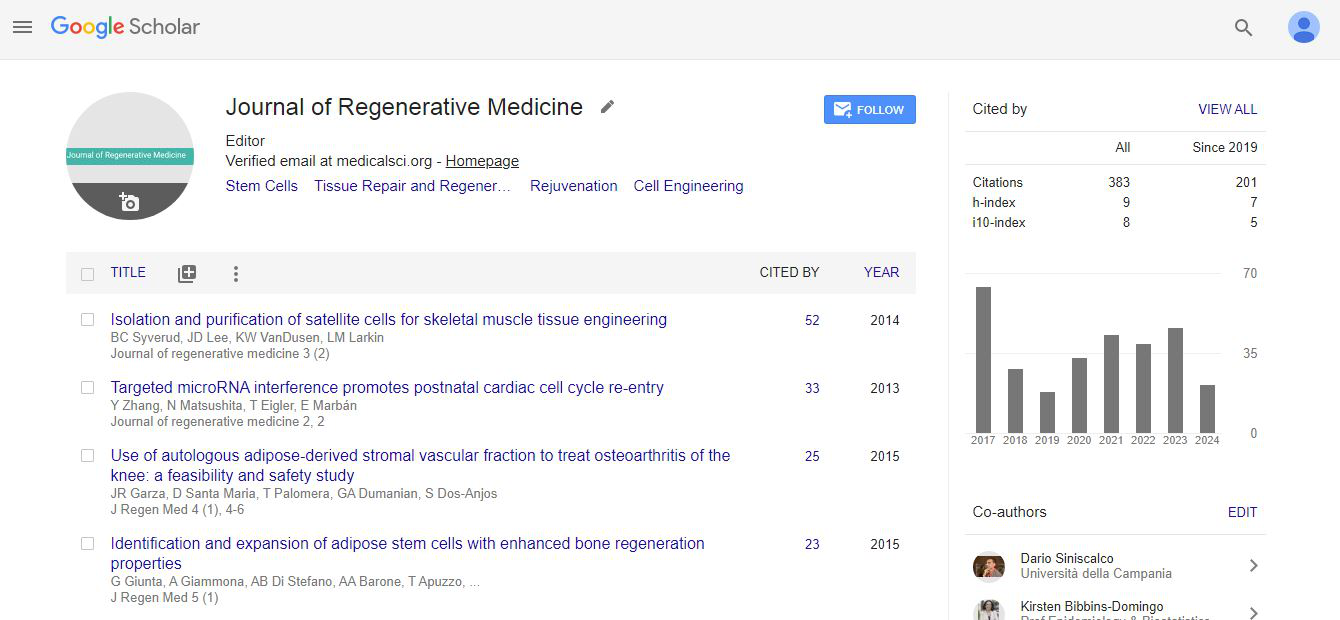Acute toxicology of traditional medicine remedies in Iran and Middle East
Hossein Hassanian-Moghaddam and Nasim Zamani
Shahid Beheshti University of Medical Sciences, Tehran, Iran
: J Regen Med
Abstract
The present study investigated different Traditional Medicines (TM) of Middle East which may have acute toxic effects on human being. The toxic effects may be a consequence of direct effect or contamination by other toxicants that added deliberately or accidentally. We categorized the effect of TM based on the main cause of consumption including pain relief, fertility/abortion, mood enhancing, skin/cosmetic issues, anti- diabetic, antineoplastic, gastrointestinal remedies, ophthalmic problems, anti-epileptic, weight loss/gain remedies, epilepsy, psychosomatic problems and depression and other causes, using scientific search engines, PubMed and Google Scholar. The used terms were “traditional medicine”, “Middle East” OR “Iran”, “Toxicity” OR “Poisoning” and report most important recent toxicological events from public health perspective. TM use, which is prevalent in Middle Eastern countries, has several potentially negative effects that include direct toxic effects, heavy metals contamination and negative interactions with other drugs. Lead is the most contaminant heavy metal that contaminated herbs and traditional remedies and even causes outbreaks ending to mortality and morbidity. Methanol can be produced in traditional distillates with vision impairment. Some traditional medicines may be manifested by neurotoxic, gastro-toxic, hepatotoxic or hematotoxicity properties with fatal consequences. It is essential to increase the level of awareness among people and health care providers regarding the efficacy and toxicity of TM remedies for better understanding of the implications of its practice.
 Spanish
Spanish  Chinese
Chinese  Russian
Russian  German
German  French
French  Japanese
Japanese  Portuguese
Portuguese  Hindi
Hindi 